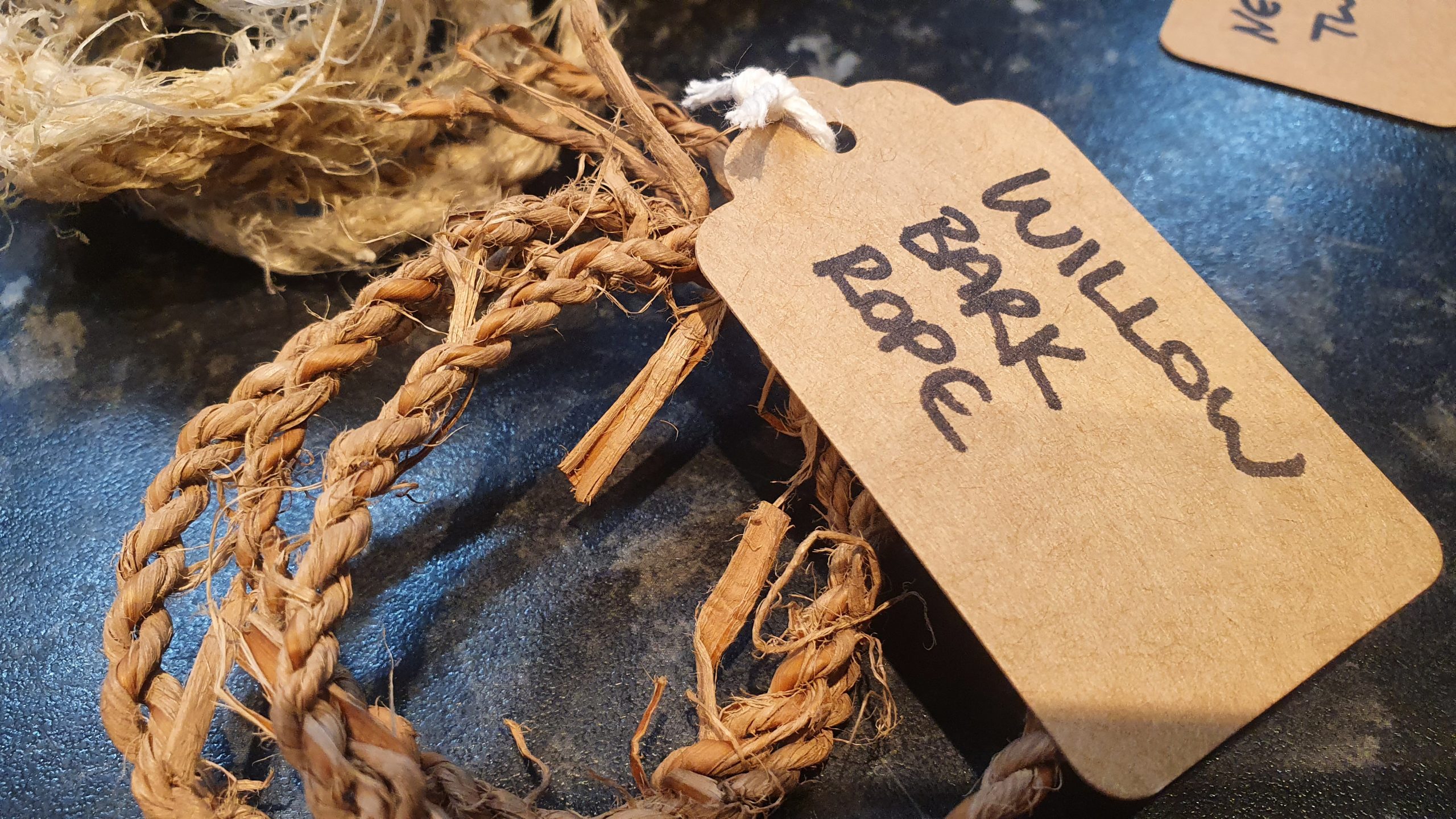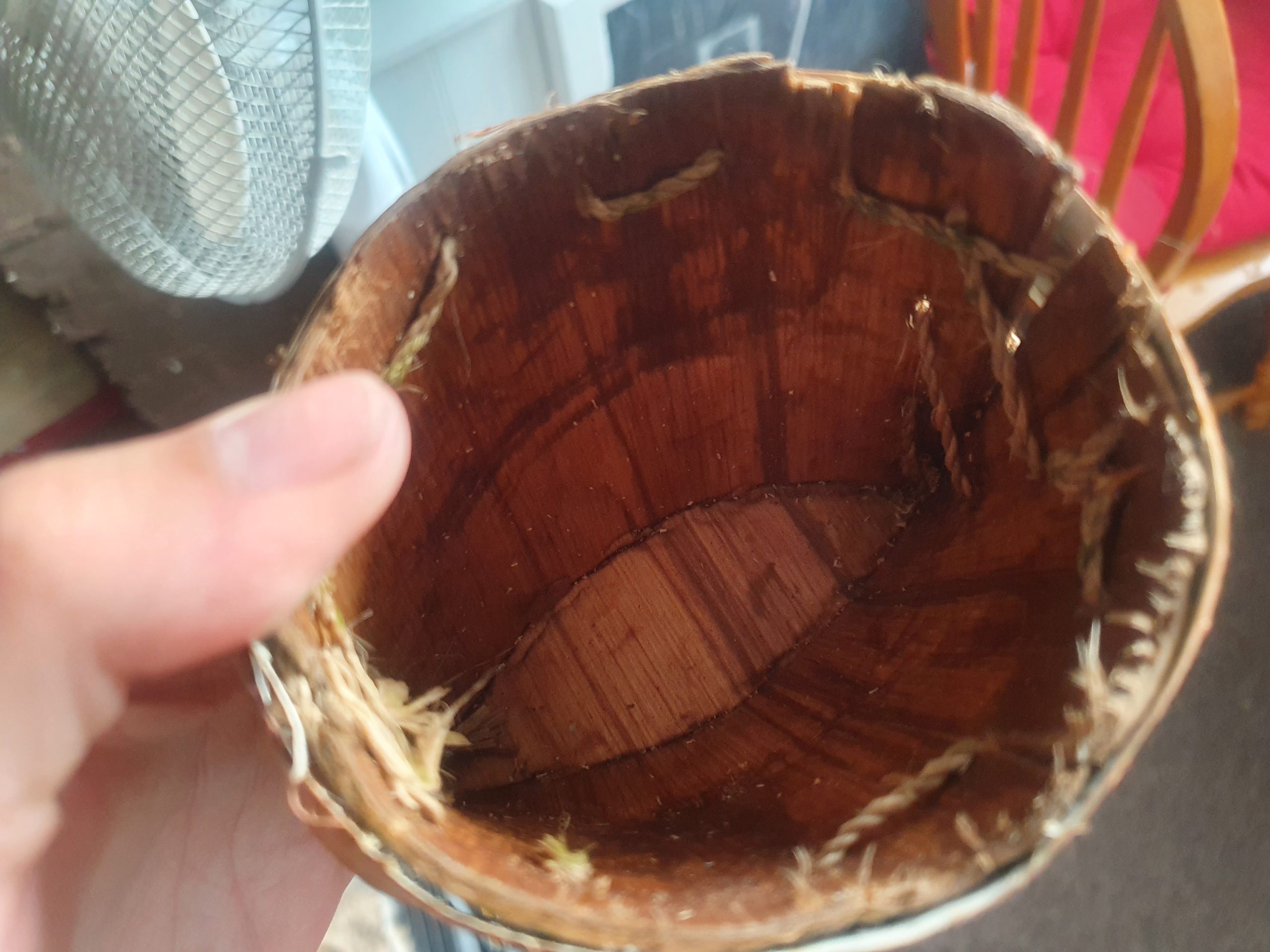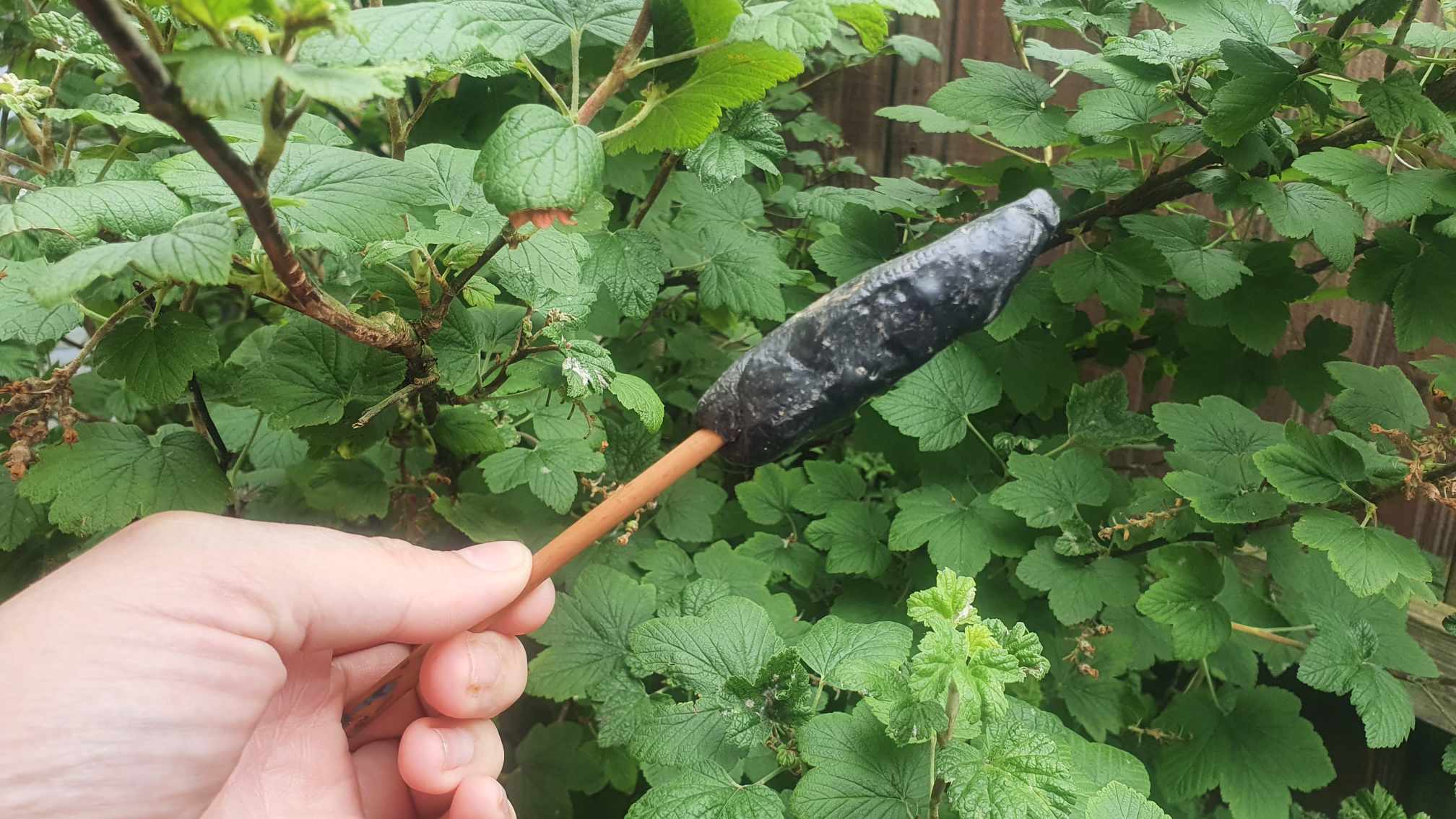
Author: wwsurvive
-

Shelter Building
Read More: Shelter BuildingShelter building is very much a common sense endeavour. The major considerations are structural strength and insulation/wind proofing. After those, you might want to think about comfort. In Canada I made my ridgepole higher than my head, because I was going to be there for a while and wanted to be comfortable. However, if I…
-

Natural Cordage
Read More: Natural CordageThe main skill of making natural cordage is the foraging and processing of the strands. There are a bunch of materials, but some of the most widely used include: Nettle: late summer nettles are stripped of leaves. The woody pith of the stems are crushed, and the green outer fibre of the stems are carefully…
-

Pine Glue Resin
Read More: Pine Glue ResinPine glue is not really pine glue. It’s conifer glue and can also come from spruces or firs. I doubt you’d get much from a juniper, and I haven’t tried a monkey puzzle or umbrella pine, but most of the conifer trees in the arboreal forests are valid. What you are looking for is the…
-

Natural Containers
Read More: Natural ContainersContainers are one of the four or five absolutely key items for survival; mostly because without a container for water, you are going to be in trouble. Even if you ignore water, containers are necessary for storage of many sorts, particularly the seed and grains that will keep you alive through the winter. The easiest…
-

Making Birch Tar Glue
Read More: Making Birch Tar GlueBirch tar glue is an amazing natural resource whose uses have enabled some really key ancienttechnologies such as birch bark canoes, arrows, axes, and waterproof containers. It is especially good forbinding lashings, as it liquid when heated, but cools rapidly to become solid. Nowadays, birch tar glue is not likely to be a necessary skill…
Search
Popular Posts
-
Shelter Building
Shelter building is very much a common sense endeavour. The major considerations are structural strength and insulation/wind proofing. After those, you might want to think about comfort. In Canada I made my ridgepole higher than my head, because I was going to be there for a while and wanted to be comfortable. However, if I…
-
Natural Cordage
The main skill of making natural cordage is the foraging and processing of the strands. There are a bunch of materials, but some of the most widely used include: Nettle: late summer nettles are stripped of leaves. The woody pith of the stems are crushed, and the green outer fibre of the stems are carefully…
-
Pine Glue Resin
Pine glue is not really pine glue. It’s conifer glue and can also come from spruces or firs. I doubt you’d get much from a juniper, and I haven’t tried a monkey puzzle or umbrella pine, but most of the conifer trees in the arboreal forests are valid. What you are looking for is the…
